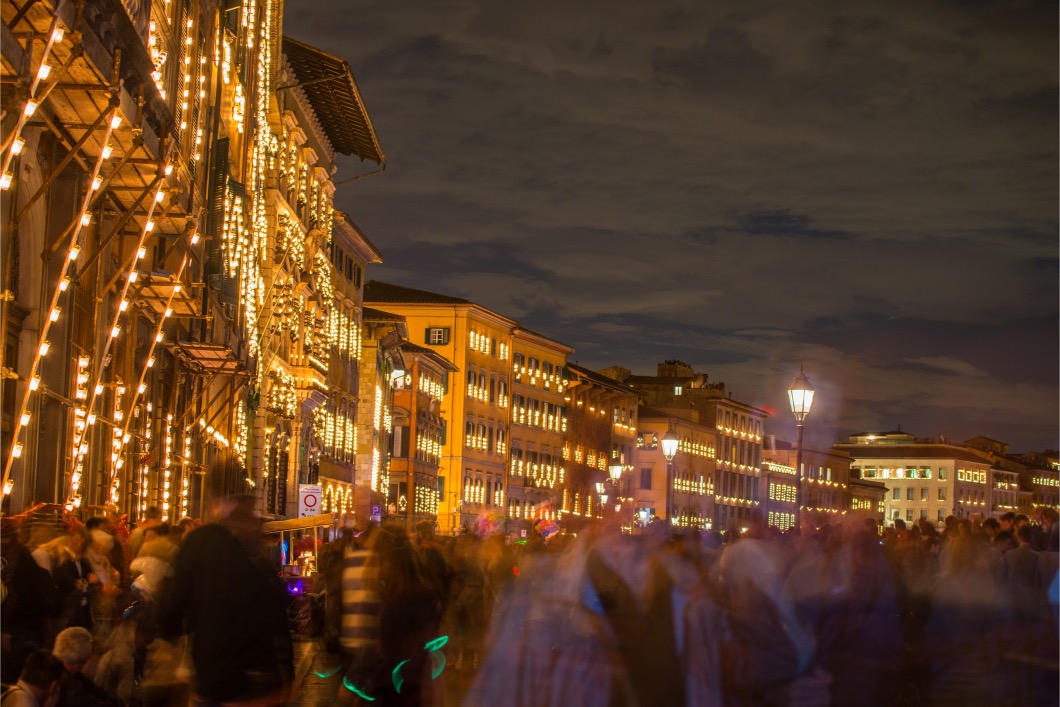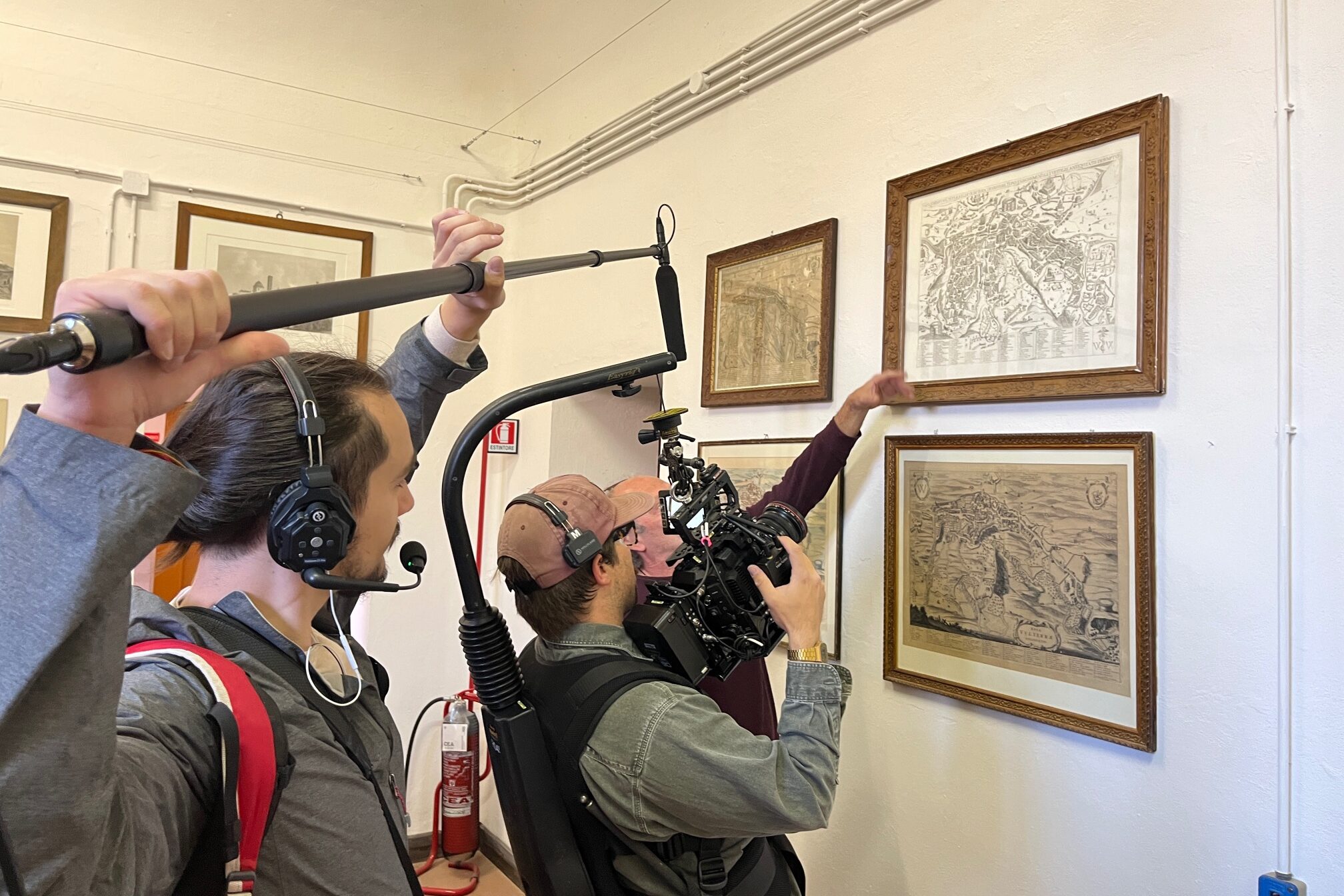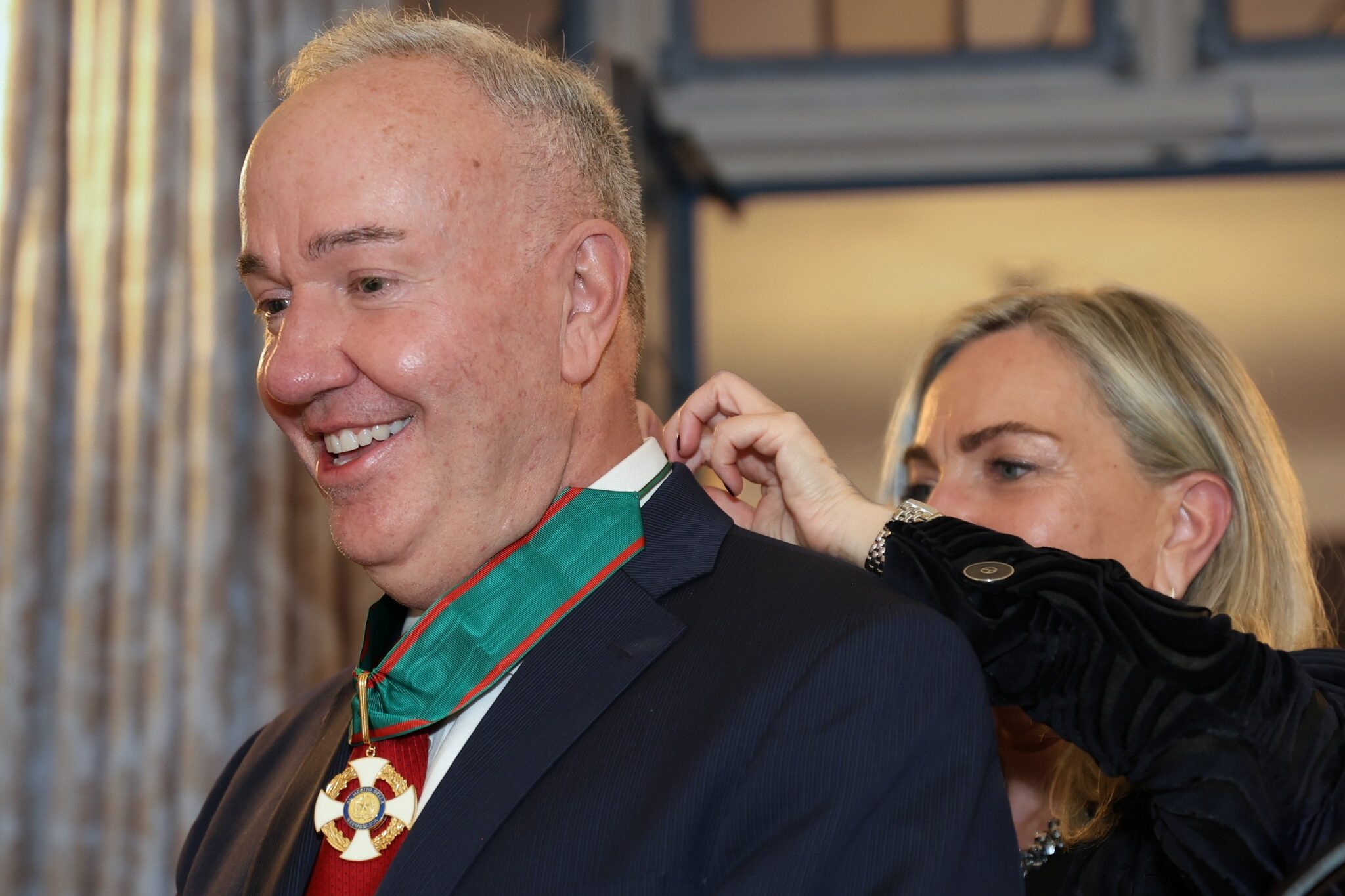The Hollywood Reel Independent Film Festival (HRIFF), launched in 2003 to help support and promote independent cinema in Los Angeles, returned in December to screen their most extensive program to date.
Among the many films in program, the Festival also featured “1960s & 1970s Films of Tinto Brass”, a retrospective of newly restored films of the controversial Italian director, who also joined some of the screenings together with German film-scholar Alexander Tuschinski.
Born and raised in Venice, Brass got a degree in Law. But -he admits- he was already too unconventional and too fascinated by cinema to become a lawyer. He moved to Paris, where he started his studies in cinema and where he also met the French director Jean Renoir, Brass point of reference in cinema.
“My career is divided into two parts” once said Brass. “Before La Chiave and after La Chiave”. The 1983 movie marks a turning point in his aesthetics, but not in his poetic. Eroticism was already a central theme even in his previous films; what changes is the “linguistic, aesthetic and expressive obsession,” as Brass himself defines it. “Female sexuality has been repressed and hidden for centuries and is now exploding. I just give it voice through the camera.”
Franco Nero and Vanessa Redgrave in “La vacanza” (1971)
HRIFF retrospective, instead, focuses on the first Brass’ career, with premieres of his rarest films; among these, La Vacanza and Dropout, both starring Vanessa Redgrave & Franco Nero; they hadn’t been screened in the U.S. in 30 years. In the program also Nerosubianco, Tempo Libero and Tempo Lavorativo. Selected films are all extended, restored versions with unseen footage taken from the Tinto Brass archives, and screened alongside new documentaries about the films.
“Language is what counts; the sign is the real significant. Not the story, not all the rest.” Tinto Brass turned 80 next year; but despite his peculiar approach to cinema and his long success, his latest career has been characterized by a repetitive formula. Brass seems to have lost the ability to express eroticism and sensuality without getting lost into a saturation of images and signs.
His early films though deserve to be seen “as they were intended, and cherished by a new generation of movie-goers”.




























